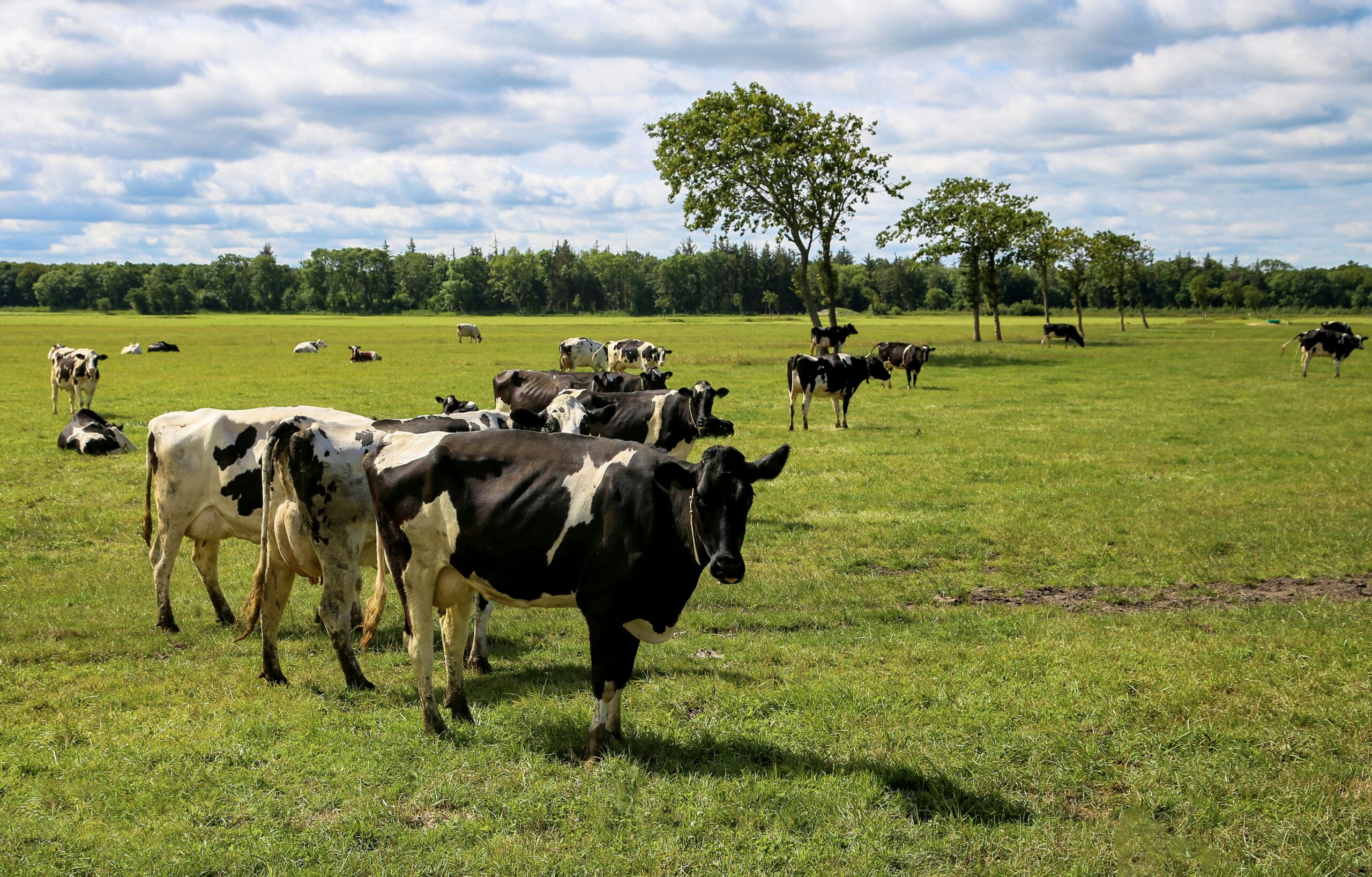Understanding Herdshares: A Complete Guide to Raw Milk Access
Introduction
Interest in raw, unprocessed foods has grown rapidly, and raw milk is one of the most discussed. In many parts of the United States, the direct sale of unpasteurized milk for human consumption is restricted. These rules were created for food safety, which leaves families looking for lawful ways to access raw milk. Herdshare programs offer a trusted path that connects farms and consumers while creating stability and transparency.
What is a Herdshare?
A herdshare is a simple contract between a farm and its members. Instead of buying milk, a member purchases a share in the herd such as a cow or goat. By becoming a partial owner, the member pays a recurring agistment fee that covers feed, housing, and labor. In return, the member receives a portion of the milk produced by the herd.
This distinction is important. Members are not paying for milk. They are paying for the care of animals they partly own and receiving the products of those animals as owners.
The Legal Background
- Many states restrict retail sales of raw milk for human consumption.
- Some states permit herdshares because owners are entitled to the products of their animals.
- Other states allow herdshares but require contracts, membership agreements, and sometimes inspections.
Agistment contracts document ownership, responsibilities, and payments. They provide clarity for both farms and members.
Why Consumers Choose Herdshares
- Nutrition. Many families value enzymes, beneficial bacteria, and nutrients present in raw milk.
- Tradition. People appreciate food raised with natural practices and minimal processing.
- Transparency. Members know their farmer, the herd, and the source of their food.
- Community. Herdshares create direct relationships between farms and families.
For many, a herdshare is not only about milk. It is about belonging to a local food community and rebuilding trust in how food is produced.
Raw Milk and Pet Milk in Some States
In a number of states, raw milk can be sold if it is labeled for pet consumption. These sales often fall under animal feed rules that may require specific licenses and strict labeling. This path is not a substitute for herdshares, and regulators may review such sales closely. It does show that different legal frameworks can affect how raw dairy reaches consumers and animals.
Challenges Farms Face When Running Herdshares
- Tracking members, shares, and signed agreements without spreadsheets.
- Collecting and reconciling one time buy in fees and ongoing agistment fees.
- Coordinating pickup or delivery schedules and route cut offs.
- Sending reminders for pickups and schedule changes.
- Keeping herdshare items private while selling other farm products such as beef, produce, and cheese.
How Smart FDS Simplifies Herdshare Management
- Membership Management. Track herdshare owners, validity dates, and entitlements in one place.
- Recurring Billing and Payments. Automate recurring fees with flexible schedules such as monthly, quarterly, half yearly, or annual. Reduce manual invoicing and ensure every member is billed on time.
- One Time and Agistment Fees. Collect the buy in fee for membership and manage ongoing agistment fees for herd care on a weekly or other schedule.
- Membership Product Rules. Apply product rules when a membership is purchased. Automatically add required products such as weekly milk to the member’s recurring items and prevent skipping, pausing, or removing them.
- Herdshare Contracts and Agreements. Publish contract templates on your website for easy download and signing. Store signed agreements under each customer profile for quick retrieval.
- Text Messaging and Reminders. Send automated SMS for pickups, schedule changes, and important updates.
- In Store Credit Support. Handle refunds, credits, and adjustments without friction.
- Popular Payment Gateways. Process secure payments with Authorize.net and Stripe. Support credit card refunds, tokenized cards on file, and reconciliation reports.
- Private Membership Website. Restrict herdshare milk to subscribed members while selling additional items such as beef, produce, and cheese to grow revenue.
- Route Based Cut Offs and Delivery Scheduling. Keep deliveries organized with route specific cut offs and multiple pickup or drop off points.
- Wholesale and Retail Pricing. Set different pricing, minimum order quantities, and delivery fees by customer type.
- Customer Dashboard. A complete self service portal for membership status and renewals, billing history, credit card management, recurring item adjustments, vacation holds, delivery schedules, order history, and a bulletin board.
Beyond Milk. Building a Complete Farm Business
Most herdshare farms also sell eggs, beef, produce, cheese, and pantry items. These add ons diversify revenue and deepen member relationships. Smart FDS supports herdshares and the broader farm store so members can buy more from the same trusted source.
Conclusion
Herdshares connect farms and families with a clear and lawful structure. While raw milk rules vary by state, herdshares remain a stable and trusted model for those who value fresh, minimally processed food. Managing them well is the key. Smart FDS makes that possible with modern tools that keep memberships, payments, deliveries, and communication running smoothly.
Ready to simplify herdshare management? Schedule a Demo with Smart FDS.

Comments are closed.